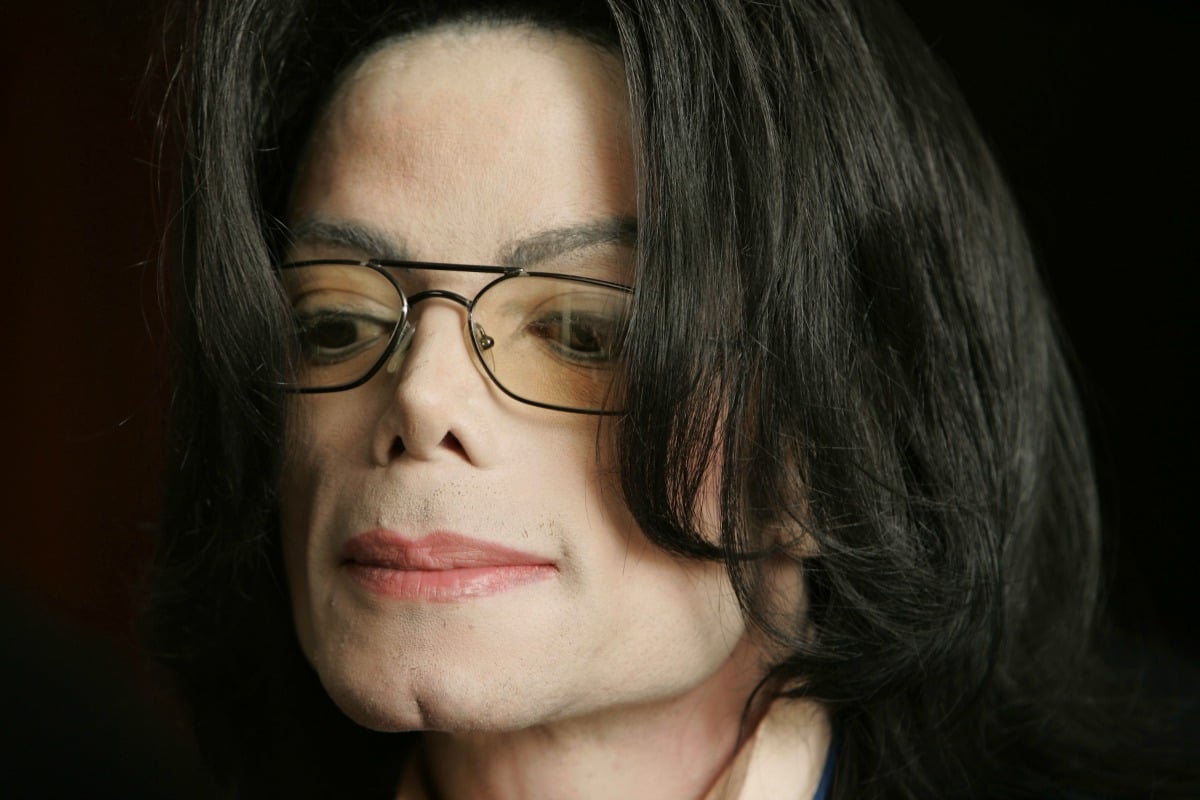
It was June 25, 2009 and Michael Jackson was just over two weeks away from beginning his 50-show concert residency at the O2 arena in London.
The concert series, which was the first significant tour since the 2001 Michael Jackson: 30th Anniversary Celebration, were described as “the greatest comeback in the history of pop”.
But the shows would never go ahead.
On that day, 10 years ago, Michael Jackson’s personal physician, Conrad Murray, found the performer in bed at around 12pm. He wasn’t breathing.
Watch the trailer for Michael Jackson documentary Leaving Neverland below. Post continues after video.
After administering CPR on Jackson to no avail, Murray called paramedics to his home in the Holmby Hills neighbourhood of Los Angeles.
Once they arrived, the paramedics tried to revive Jackson before he was transported to the Ronald Reagan UCLA Medical Center. At 2.26pm, he was pronounced dead.
On the day after Jackson’s death, an autopsy discovered a combination of drugs in the singer’s system including propofol, lorazepam, midazolam and diazepam.
